|
10/30/2016 0 Comments Permafrost: a Pandora's box?As the earth continues to warm up, the permafrost which dominates the Russian domain will thaw. As it melts, more carbon dioxide will be released into the atmosphere, which will in turn contribute even more to heating up the earth. In addition to this vicious cycle, the melting of permafrost can free some ancient diseases from a deep freeze. These infectious microbes will reemerge from obsolescence to existence. Actually, this is happening already.
For more, check out this article on the Scientific American.
0 Comments
Hurricane Matthew has left at least 1000 Haitian dead, tens of thousands homeless, and millions in dire need of assistance. In the U.S., it has led to 19 deaths, left millions without power, and caused massive floods in North Carolina.
We are reminded once again how powerful and destructive natural hazards can be. People in Haiti will face a long recovery. Billions of economic damages will be inflicted by Hurricane Matthew in southeastern U.S. The vivid memory of this hurricane may stay with many people who have witnessed its monstrous presence at first hand. This once-in-a-life experience may also determine many people's judgments on the changing pattern of hurricane strength. My coauthors and I in our paper on perceptions of changing hurricane strength found that maximum wind speed from the last landfall is the most powerful predictor of an individual's perception of changes in hurricane strength among the characteristics associated with the last hurricane landfall. Coastal residents who experienced higher maximum wind speeds are more likely to think hurricanes are becoming stronger. It appears that maximum wind speed tends to leave the deepest impression in coastal residents' memories, which includes impressive surf along the beachfront, as well as swaying and felled trees, and flying debris. Winds can be very destructive. The Saffir-Simpson categorization of hurricanes is therefore based on wind speeds. However, the biggest threat to life and property is actually water, not wind. Storm surge is a bigger contributor to deaths compared to winds. Super Storm Sandy is a perfect example. It was identified as a Category 1 storm. However, its enormous size and high storm surge had incurred tremendous amounts of property damages in the densely populated east coast. So, once again, there is a mismatch between perceived and actual risks. Reference: Shao, W., Xian, S., Keim, B. D., Goidel, K., and Lin, N. 2016 “Understanding perceptions of changing hurricane strength along the U.S. Gulf Coast” International Journal of Climatology. DOI:10.1002/joc.4805 "Wind speed alone isn't the best way to measure a weird hurricane like Matthew," http://fivethirtyeight.com/features/wind-speed-alone-isnt-the-best-way-to-measure-a-weird-hurricane-like-matthew/ The gap between Republicans/Conservatives and Democrats/Liberals on their views to climate change is as wide as ever according to the most recent Pew survey. Over the past three decades, climate change has successfully evolved from being a purely scientific issue to a highly politicized one with its implication unfolding. The polarization of climate change happens to fit into the broad ongoing political polarization dividing the American public. Climate advocates and educators put their hopes into aggressive educational programs and awareness campaigns, which have worked pretty well among Democrats/Liberals who have the predisposition to believe in anthropogenic climate change to begin with. These efforts, however, fail to convey their core messages to the other end of the political/ideological spectrum. My own research has also shown the opposing effects of education among Republicans/Conservatives and Democrats/Liberals.
Reference:
Shao, W., Garand, J.C., Keim, B.D., and Hamilton, L.C. 2016. Science, scientists, and local weather: understanding mass perceptions of global warming. Social Science Quarterly. doi:10.1111/ssqu.12317 Shao, W., Keim, B.D., Garand, J.C., and Hamilton, L.C. 2014, Weather, climate, and the economy: explaining risk perceptions of global warming, 2001-2010. Weather, Climate, and Society, 6 (1), 16. doi:10.1175/WCAS-D-13-00029.1 Hurricane Matthew is swirling across Florida, Georgia, and South Carolina. It has left hundreds of people dead in Haiti when passing through. People in Haiti will face a long recovery after the worst hurricane in 50 years. Hurricane Matthew has also left 300,000 people in Florida without power. It is poised to incur tremendous amount of damages. Every time when we experience extreme weather events of this magnitude, we feel impulsed to ask the 1-million-dollar question, "is climate change to blame?" We know for sure that hurricanes form over a large body of warm water. With the global temperature rising and oceans heating up, the intensity and frequency of hurricanes will theoretically increase. In reality, though, our observations have not been able to depict a clear picture of increasing trends of hurricane intensity and frequency. Here is a Washington Post article on what we can and we can't say about climate change and Hurricane Matthew: For more scientific inquiry, check out NOAA Geophysical Fluid Dynamics Laboratory's overview of current research results about global warming and hurricanes: www.gfdl.noaa.gov/global-warming-and-hurricanes/ |
|
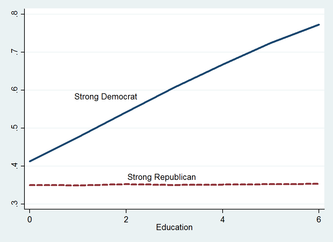
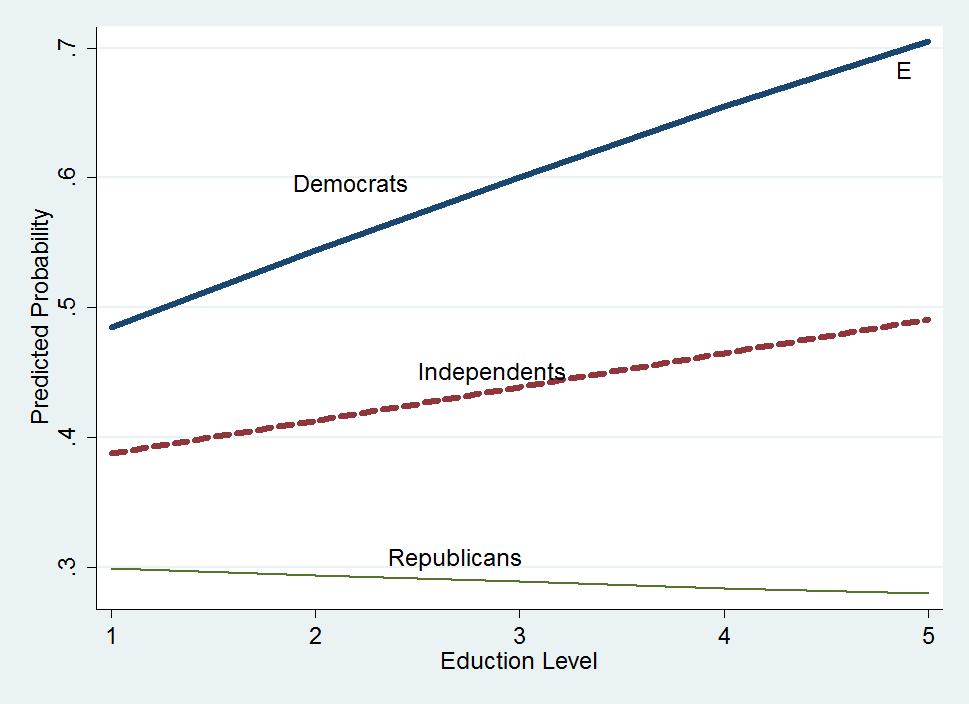
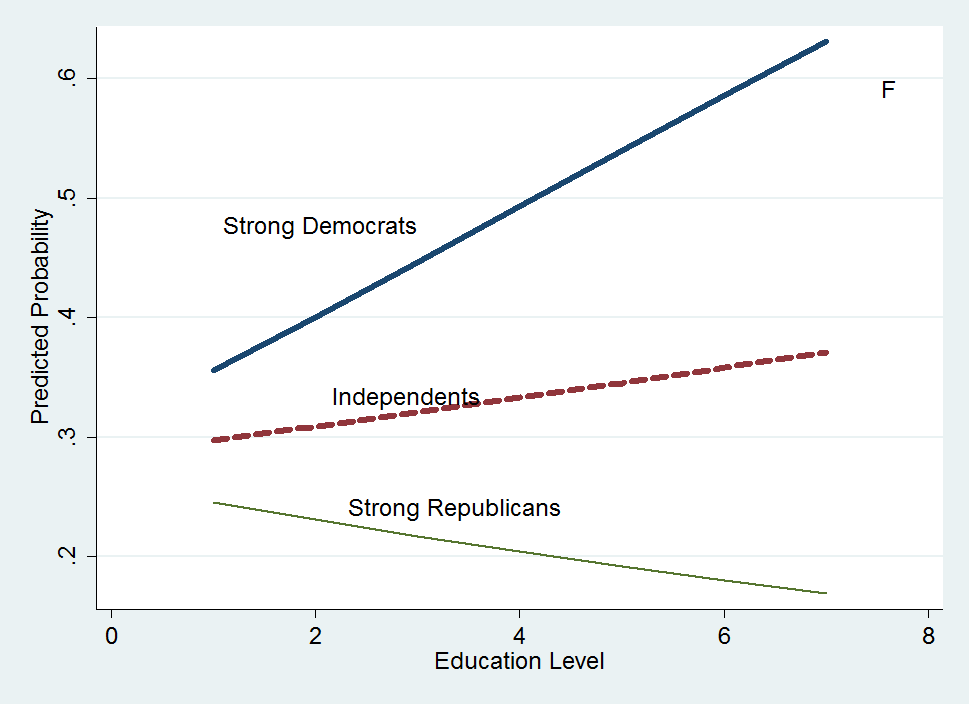
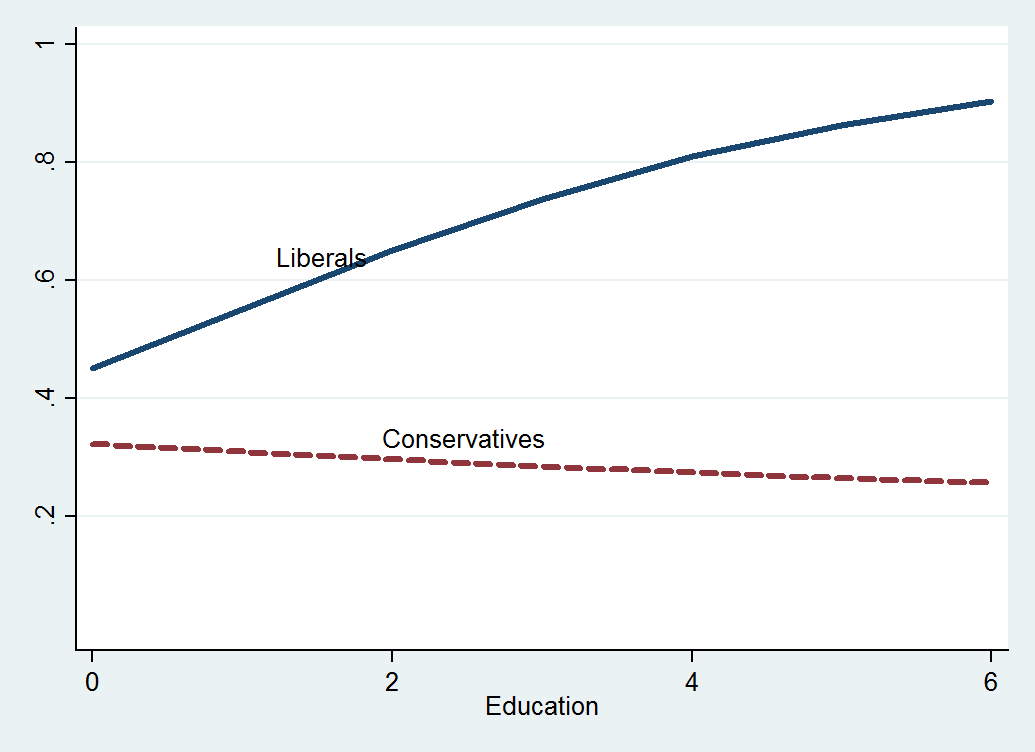
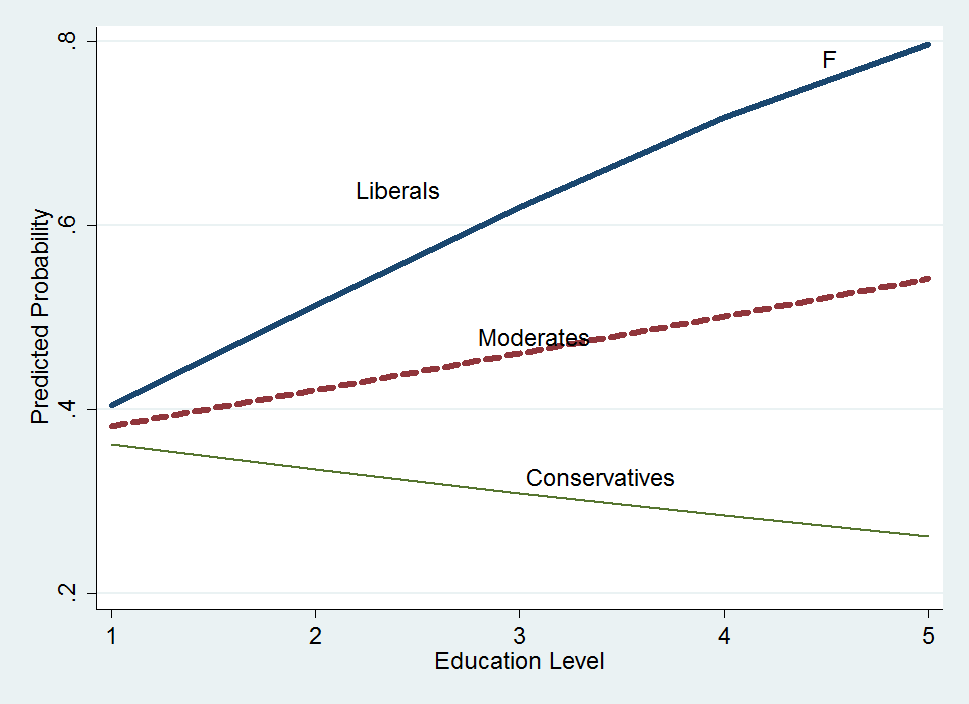
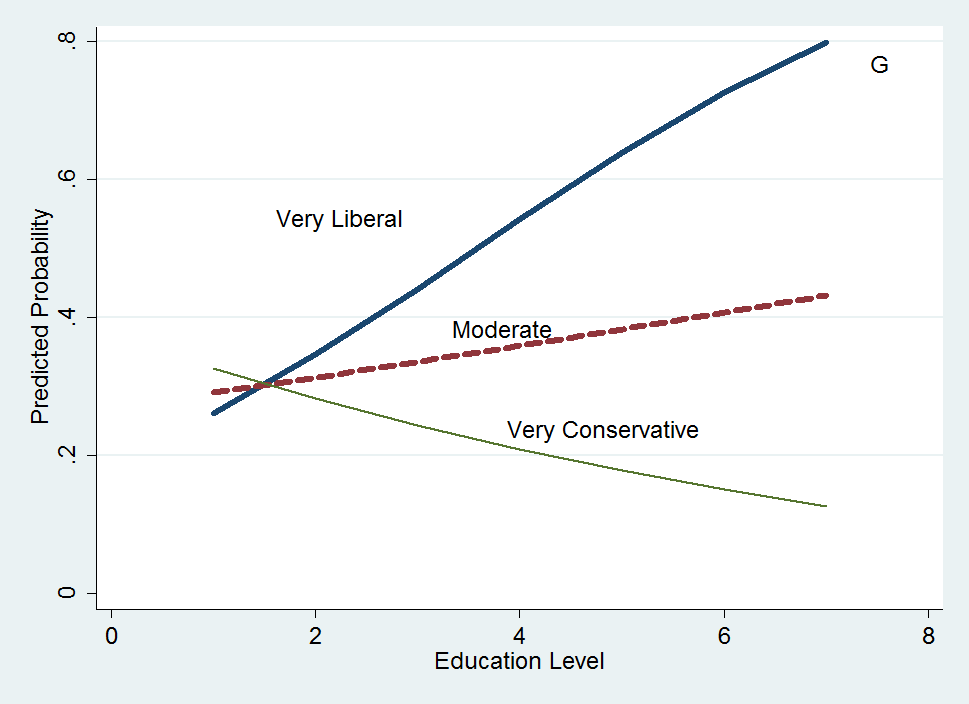


 RSS Feed
RSS Feed